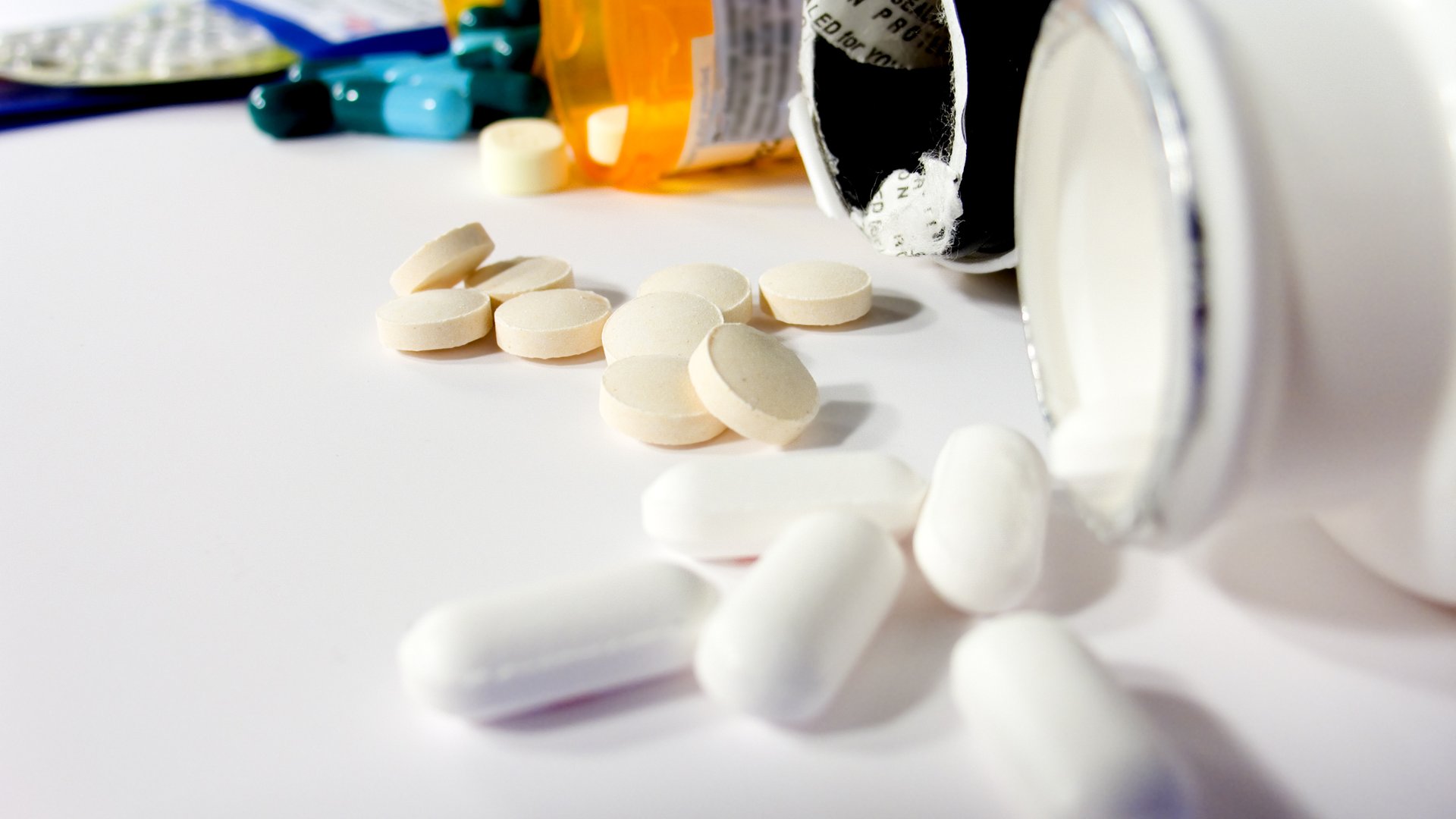Bladder infection? Go to the doctor for a course of antibiotics. We are also prescribed antibiotics for lung and bone infections, and blood poisoning. Dutch pharmacists provide around 7.2 million courses of antibiotics per year.
Bladder infection? Go to the doctor for a course of antibiotics. We are also prescribed antibiotics for lung and bone infections, and blood poisoning. Dutch pharmacists provide around 7.2 million courses of antibiotics per year.
Eliminate competition
Antibiotics are substances which kill bacteria or slow down their growth. These substances are produced naturally by micro-organisms to eliminate their competitors. Streptomyces is a major group of antibiotic-producing bacteria. They live in the ground for the most part.
Direct from nature
We use antibiotics to combat harmful bacteria in our bodies. Streptomyces produce about 60% of all antibiotics. This means that more than half of our antibiotics are produced directly from nature. Nowadays, many antibiotics are also manufactured artificially in laboratories.
Major breakthrough
In 1928, British doctor and medical microbiologist Alexander Fleming discovered penicillin, the first known antibiotic. A major breakthrough. Nowadays, there are hundreds of different sorts of antibiotics and infections, such as blood poisoning and lung infections, are much easier to cure. This is partly thanks to Fleming.
Resistance
Resistance, when bacteria resist the effects of antibiotics, is a big problem. Bacteria are able to evolve quickly and adjust to new circumstances, such as living with antibiotics. Some types of bacteria have developed resistance to almost all antibiotics because antibiotics have been used incorrectly or too often. An infamous example of this kind of multi-resistant bacteria is the ‘hospital superbug’, MRSA. The search for new antibiotics has become a race against time.

